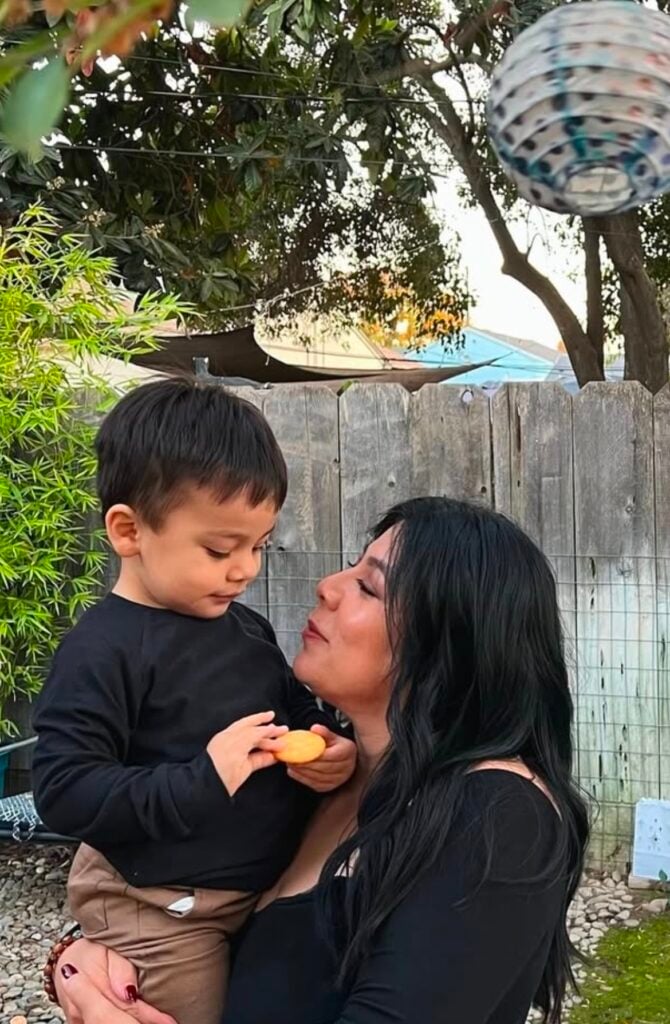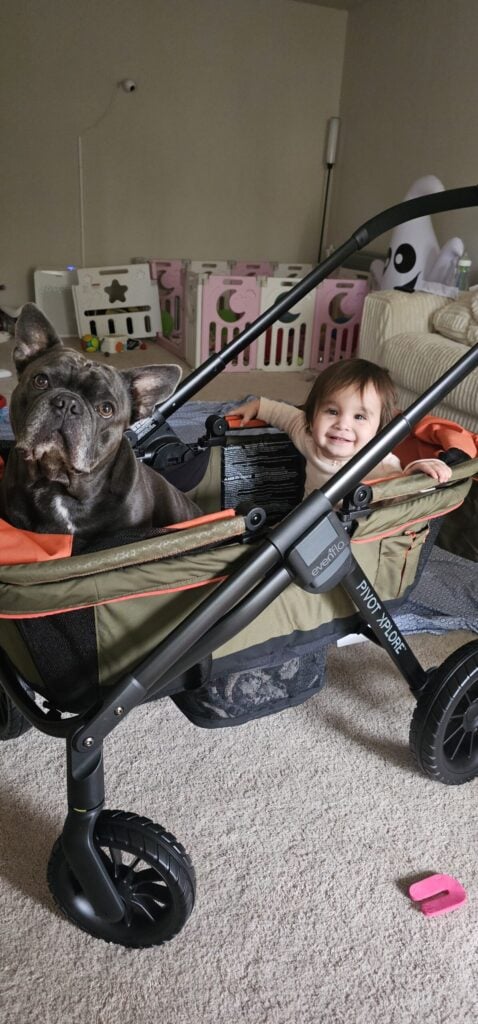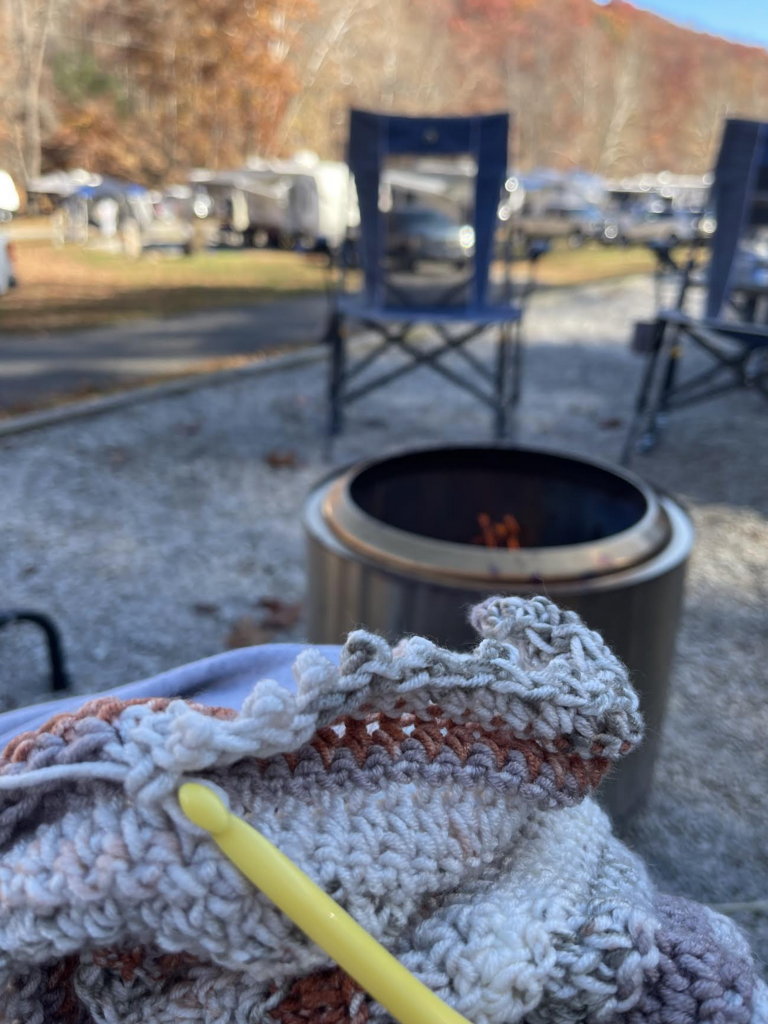
Bedtime tantrums are very common in most homes. Children don’t want to sleep. They also don’t want to sit down for lunch or take a bath. When it comes to getting kids to do anything, you often have to wage mini-wars.
The Solution?
Routine.
Believe me, kids are waiting for you to take charge. It helps create a sense of security for the kids. It also helps build a sense of responsibility in the child. A routine may include a number of activities such as breakfast time, household chores, nap time, meal times, reading time, and what other activity suits the family.
Why is routine important for a child and how to create one
Let’s talk about why is routine important for a child, and how you can create one:
A Healthy Body and Mind
If you are able to manage your day according to a schedule it will help your child maintain a healthy body. Let us tell you how it works. Eating healthy meals on time maintains a good bowel movement.
Plus, when you put kids to bed on time, after going through your typical bedtime routine, it trains the kid’s child to go to sleep quicker and ensures a good night’s sleep as well. Make it your habit to make a list of activities and schedule at night before going to bed, for the next day. And try to work on that schedule you designed for yourself. This will not only make your life easier but will also healthier.
Shared values
Regular activity helps set its importance in a child’s mind from his early years and he knows what to expect. Regular family activities create bonding among the family members and strengthen shared beliefs and values. If a child notices that Sunday is family day, he will understand the importance of spending time with the family. Try to design your week in a way that is set aside just for family activities and building traditions. Reading stories with kids is a great way to talk about shared values and traditions.
Builds Confidence and Independence
Start by building a scheduled day. This specific schedule centered around your child is achievable by making a list and distributing the workload in the morning, midday and night. Begin by adding items or chores to your child’s schedule that they love to do. In the morning, schedule everyday tasks like brushing teeth, getting dressed and making their bed. When a child is following a schedule, typically the child will learn it over time and will know what comes next and begin doing these items on his own at the scheduled time. This will teach your child responsibility and will feel in charge of his life.
Positive expectations
When you follow a routine, your child looks forward to the time you are going to spend together and create positive expectations for the day. You can even make him take part in scheduling a particular day if something comes up that requires you to deviate from your routine, like a dental or doctor appointment. He will be excited to help schedule those changes and you encourage him to schedule things on his own that he wishes to do. This will help him learn organizational skills as well.
Family bonds
Build your plan to include a shared activity with the child, this helps create strong family bonds. The child will feel loved and part of the family. Instead of going through the routine and shifting from one activity to another, try to take out some time to relax, chat or even read together. This creates a strong bond between you and your child.
How to Set Routine for Kids And Sticking to it
While many of us understand why routine is important for a child, the difficult part is maintaining the routine. In the beginning, kids try their hardest not to conform to routine. The first week might be the most difficult when you start a routine, but stay positive. It gets better in the coming weeks, I promise.
Some ways to help you set routine for kids are:
Think of your non-negotiables
What things during your day do you want your child to accomplish? What chores, hygiene and rewards are your non-negotiables? Start by creating your own list of things that are your own non-negotiables, you might be surprised that they also apply to your child.
Also, don’t forget to keep some time aside for independent play so parents can enjoy time for themselves also.
Be flexible
While it might be tempting, don’t plan your routine to the very last minute of the day. You need to allow for flexibility in your schedule to allow for things that come up last minute. Children are spontaneous and love to explore, if your child is playing at the park with friends and having a great time, laundry can wait.
Patience
Try to be patient, sometimes it takes time for the child to become adjusted to their new routine and be able to stick to the schedule. Don’t be top hard on yourself if the plan deviates every day while you are both becoming used to the new schedule. Remember to be patient with your child and to provide rewards for great behavior and for following the routine.



































































































